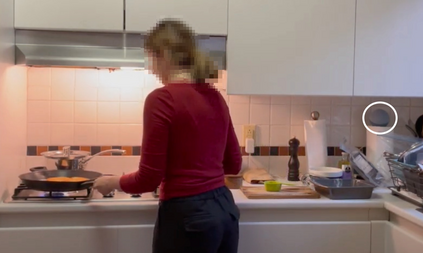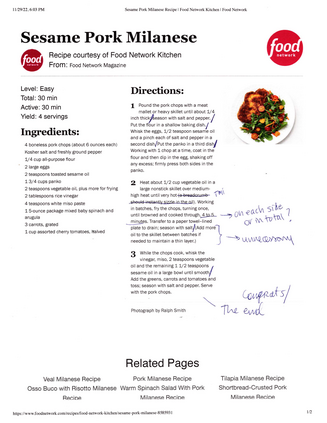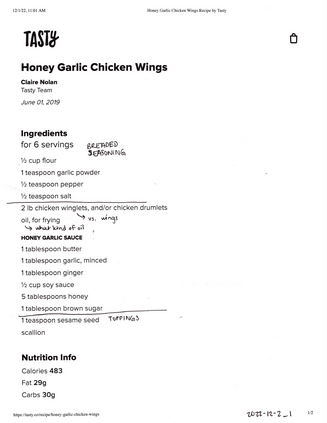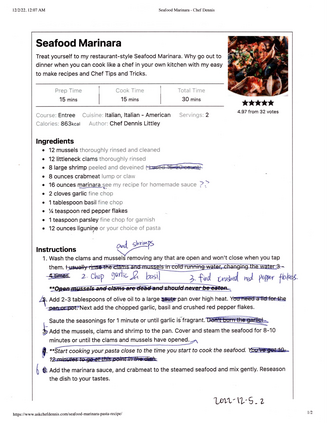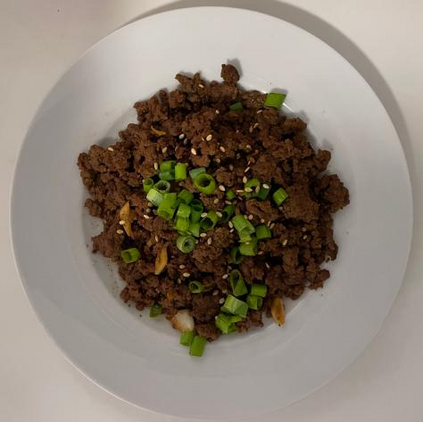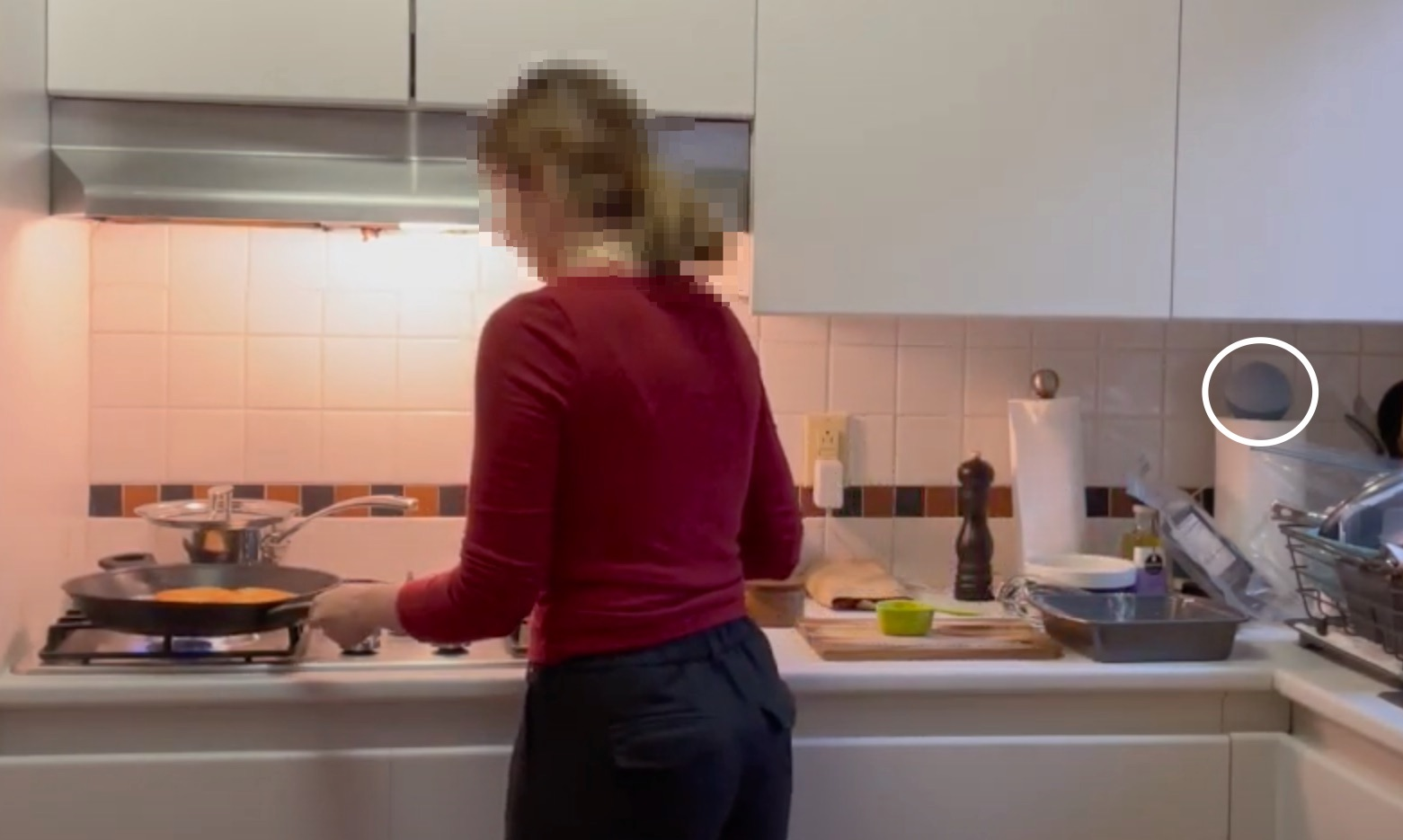Voice assistants have sharply risen in popularity in recent years, but their use has been limited mostly to simple applications like music, hands-free search, or control of internet-of-things devices. What would it take for voice assistants to guide people through more complex tasks? In our work, we study the limitations of the dominant approach voice assistants take to complex task guidance: reading aloud written instructions. Using recipes as an example, we observe twelve participants cook at home with a state-of-the-art voice assistant. We learn that the current approach leads to nine challenges, including obscuring the bigger picture, overwhelming users with too much information, and failing to communicate affordances. Instructions delivered by a voice assistant are especially difficult because they cannot be skimmed as easily as written instructions. Alexa in particular did not surface crucial details to the user or answer questions well. We draw on our observations to propose eight ways in which voice assistants can ``rewrite the script'' -- summarizing, signposting, splitting, elaborating, volunteering, reordering, redistributing, and visualizing -- to transform written sources into forms that are readily communicated through spoken conversation. We conclude with a vision of how modern advancements in natural language processing can be leveraged for intelligent agents to guide users effectively through complex tasks.
翻译:暂无翻译

